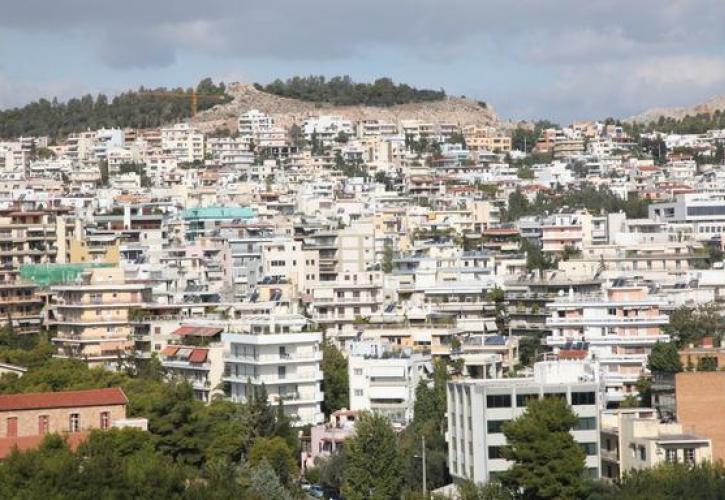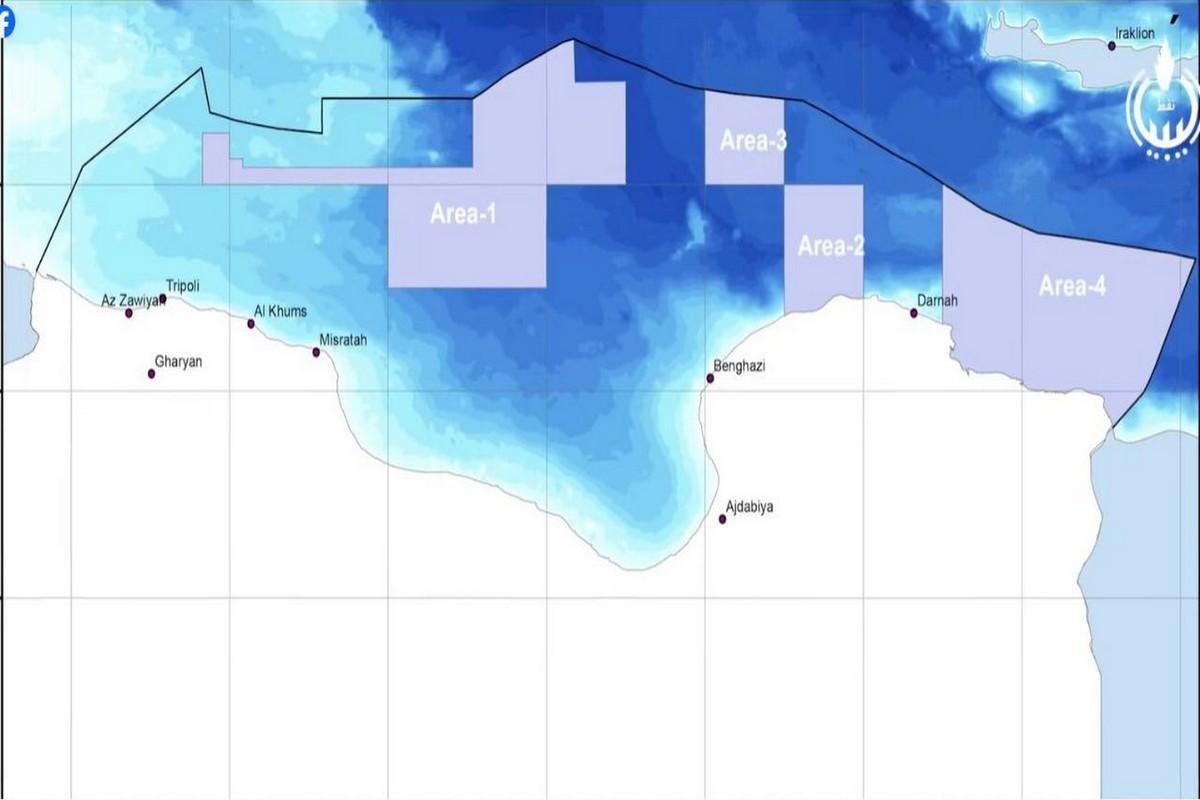With house prices and rents rising, the cost of housing has become an unbearable burden for one in four households in Greece.
Especially for low-wage workers near the minimum wage and low-income households, the rent-to-wage ratio is prohibitive, while at the same time rental housing is becoming scarcer and more expensive despite hundreds of thousands of vacant homes across the country.
The problem is becoming increasingly more and more difficult, as according to a Eurostat survey on housing conditions in the European Union, 73.3% of citizens in Greece live in their own home, when a decade ago, in 2011, the ownership rate was 78.3 % and in 2001 it was 79.8%.
The worst thing is that Greece has the highest rate of housing cost overburden, with 32.4% of the population living in a home where housing costs represent more than 40% of their disposable income. In the E.U. the corresponding percentage is only 10.4%.
In fact, the burden of housing costs on tenants is frightening, as 8 out of 10 (79.2%) are overburdened by housing costs, compared to 21.15% of owner-occupiers.
Average rent increase of 6.03%
The constant increase in rents also makes a significant contribution to the burden.
Based on data from Potamianos Real Estate Group, average rental prices in Attica, based on actual leases, increased by 6.03% in 2022 compared to 2021.
The research concerns an average 20-year-old 2nd floor typical house, which has a parking space.
It is impressive that the highest increases – over 10% – were presented in lower income areas, such as Kypseli, Kolonos, Galatsi and Patisia.
Also noteworthy is the fact that rent prices in 2022 in some areas approached those of 2009, which was a record high. Such areas are Pagrati and Exarchia where both in the past and today the demand has skyrocketed due to short-term leases and the “Golden Visa“.
However, in most areas rents are lower compared to 2009.
Thousands of empty houses
At the same time there are thousands of empty houses. Based on the data of the Hellenic Statistical Authority-ELSTAT in the 2011 census, 897,968 vacant houses were recorded, without, however, having clear data on their condition and ultimately how many of them can be utilized through the rental market.
According to the data compiled by the Eteron Institute for Research and Social Change, “Greece has one of the highest rates of vacant housing in Europe, with large concentrations in urban centers. In 2011, the percentage of vacant houses in the Municipality of Athens was 31%, in the Municipality of Piraeus 28% and in the Municipality of Thessaloniki 28.2%.
The number of vacant apartments in the Attica region increased by 77% in 2011 compared to 2001, while only in the Municipality of Athens vacant apartments reached 132,000.
The existence of a large number of empty houses in central areas of the cities, but also the non-utilization of the available building resources, is scandalous, in a period of worsening housing problems”, it is characteristically noted.
Mr. Potamianos, for his part, also puts in the frame the thousands of houses which are in the gray zone of the auctions. It is estimated that around 150,000 houses are owned by funds.
Incentives for the inclusion of vacant homes in the rental market
On the part of the government, the bill of the Ministry of Labor “My house – housing policy for young people” promotes measures for the housing rehabilitation of young and vulnerable population groups, as incentives are given to owners who do not have the required funds to renovate their properties , through the “Renovate – Rent” action.
The aim is to include empty houses in the rental market by subsidizing the owners for their upgrading.
The bill provides that homeowners with an annual income of up to 40,000 euros and real estate up to 300,000 euros participate in the program, while those who have joined energy saving or renovation programs for any of their properties in the last five years are excluded.
The property must have an area of up to 100 sq.m. and located in an urban area, must not have been declared as a first residence or as rented, but listed as vacant in the E2 tax form of the last three years.
Program participants are subsidized for repair and renovation costs up to 10,000 euros (including materials and work). The subsidy reaches 40% of the cost, provided that the invoices are paid electronically and the property is leased for at least three years.
At the same time, another action of the new bill is the “Coverage” program, which concerns the leasing by the State of private houses that participated in the “Estia” program for housing immigrants and making them available to vulnerable young people and new couples.
According to the bill, the owners of the properties are required to rent the residences for three years to people aged 25-39, beneficiaries of the minimum guaranteed income. The aim is to utilize in the first phase at least 1,000 properties, which will house 2,500 beneficiaries of the minimum guaranteed income aged 25-39.
The example of Canada and the Netherlands
The phenomenon of excessive increases in rents and house purchase prices is not unique to Greece, with several governments taking measures to curb the painful effects on citizens.
A recent example is a law enacted by the Canadian government as of January 1 that closes the doors to foreign investors who want to buy homes in the country.
The law was passed because of the surge in Canadian housing prices that began since the start of the pandemic and the belief by some politicians that foreign buyers are responsible for the housing shortage by limiting the availability of houses and apartments through their investments.
The law provides exceptions for home purchases by refugees and people with legal residence permits. It also only applies to houses and apartments in cities, and not to tourist structures, such as holiday homes for example.
However, some experts are skeptical of the measure’s effectiveness, as foreigners account for only 5% of Canadian homeowners, according to Statistics Canada. They argue that it would be better to speed up the construction of new homes.
The Dutch government is also set to impose rent caps on more than 300,000 homes in order to provide more affordable housing for middle-income tenants.
Under the plan, the rental price of these homes will drop by an average of €190 a month when the new measures come into force in January 2024.


















![Ακτοπλοϊα: Αυξημένη η κίνηση τον Ιούλιο παρά τα υψηλές τιμές στα εισιτήρια [πίνακες]](https://www.ot.gr/wp-content/uploads/2025/07/EV_BR_030918_APERGIA_PNO11-1024x683-1.jpg)














![ΗΠΑ: Γιατί η επενδυτική τραπεζική…φυτοζωεί; [γράφημα]](https://www.ot.gr/wp-content/uploads/2025/07/ot_banks_USA-768x450-1.png)







